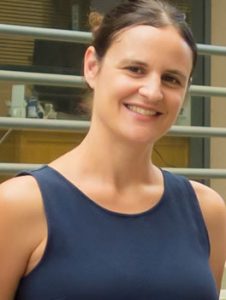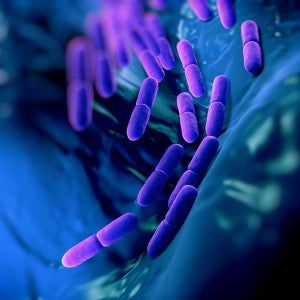 Angela Zivkovic has been selected to be a 2016-2017 UC Davis Hellman Fellow! The Hellman Family Foundation contributed funds to establish the UC Davis Hellman Fellows Program to provide support and encouragement for the research of promising Assistant Professors who exhibit potential for great distinction in their research, and who have documented a need for funding. It is expected that the fellowship will support research and creative activities that will promote career advancement and enhance the individual’s progress toward tenure.
Angela Zivkovic has been selected to be a 2016-2017 UC Davis Hellman Fellow! The Hellman Family Foundation contributed funds to establish the UC Davis Hellman Fellows Program to provide support and encouragement for the research of promising Assistant Professors who exhibit potential for great distinction in their research, and who have documented a need for funding. It is expected that the fellowship will support research and creative activities that will promote career advancement and enhance the individual’s progress toward tenure.
This is the ninth year of the UC Davis Hellman Fellows Program, and applicants in many disciplines across the campus were selected for awards. To honor Dr. Zivkovic and the other 2016-2017 Hellman Fellows, in May 2017 there will be a luncheon for the Fellows and the Hellman Family Foundation members, where the Fellows will be asked to make a short presentation about their research and the impact that the award has made on their research progress.



